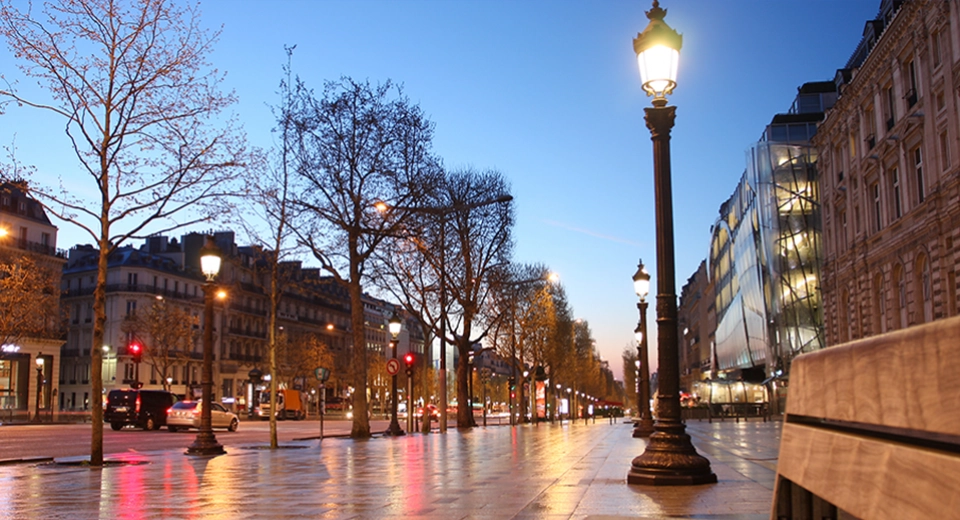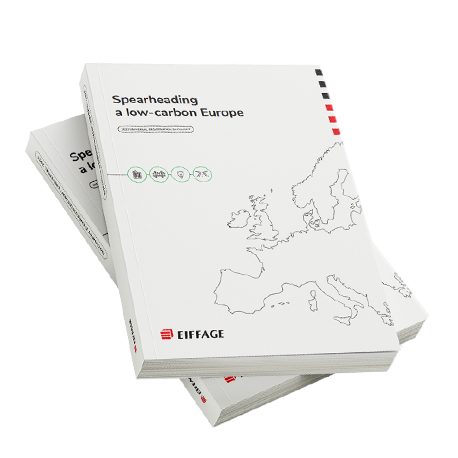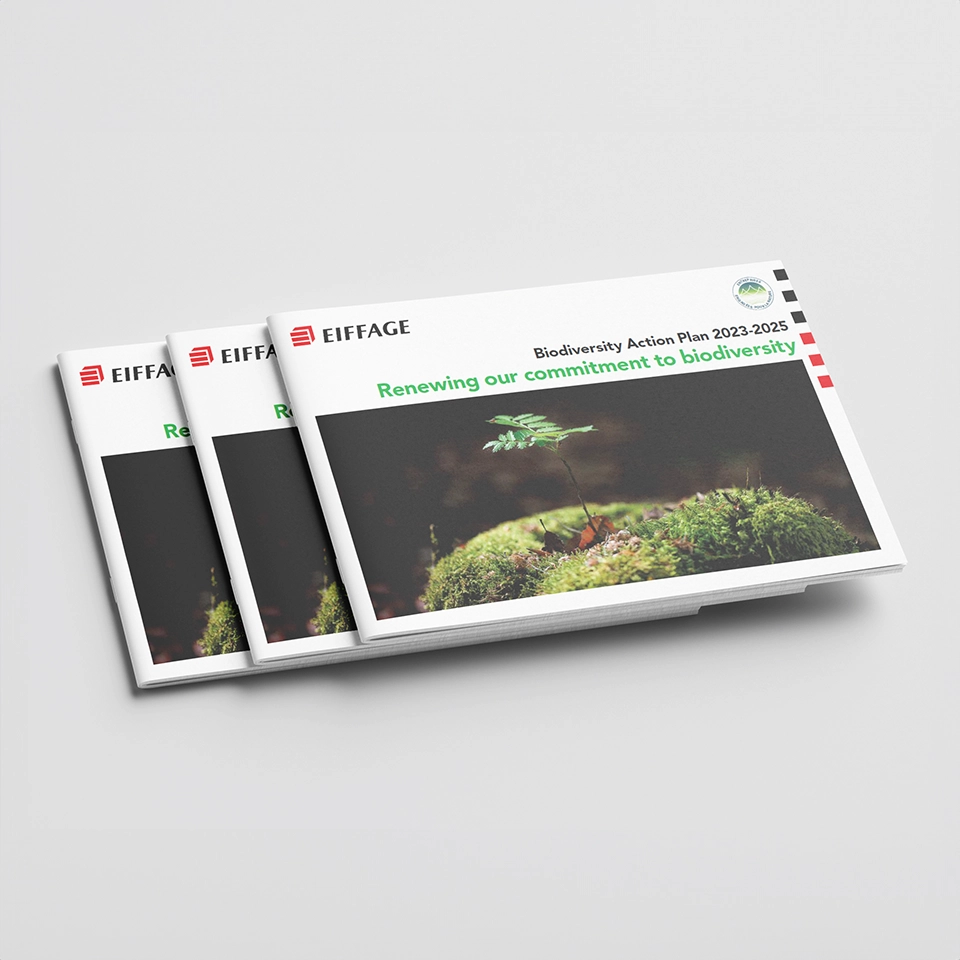Street lighting for the city of Paris
Eiffage and the EDF Group subsidiary Citelum jointly undertake the street lighting, traffic signals and illuminations in the city of Paris, to be fulfilled by their dedicated joint venture company, Cielis. It is France’s largest-ever public lighting and traffic signal contract. As an innovation incubator, Cielis plays a crucial role in managing and optimizing lighting, user services, energy efficiency, and biodiversity protection.

The project:
The contract covers:
- Refurbishment of 12,000 lamp posts
- 21,000 traffic lights and their supports
- Replacement of 70,000 lights with LED technology
- Renovation of 870 kilometres of electrical network
The aim: to improve the structural quality, performance and resilience of the city’s installations.
-
€704MThe amount of the contract
-
10 yearsDuration of the contract
-
240 GWhof cumulative energy savings achieved over 10 years
Cielis: incubating innovation
The creation of a dedicated digital platform to manage lighting and traffic lights, along with the rollout of new innovative services, enable the city to manage its infrastructure in an optimal way. This also facilitates the management and coexistence of different forms of mobility.
With support from an ecosystem of academic and private partners, Cielis plays a crucial role as an innovation incubator, experimenting with numerous novel solutions to optimise lighting, generate energy savings and provide new services to users.
Environment: saving energy and protecting biodiversity
Cielis uses its expertise and know-how to help the City of Paris achieve the energy saving targets defined in its local climate, air and energy plan (PCAET). Over 10 years, 240 GWh of cumulative energy savings are predicted – a 30 percent reduction on current street lighting consumption from the fifth year of the contract.
At the same time, the project aims to enhance biodiversity protection with the creation of a “dark corridor” to allow fauna and flora to expand into areas kept deliberately less illuminated. A lighting plan developed in collaboration with the local community addresses Parisians’ needs and expectations in different neighbourhoods and traffic zones.
Particular attention is paid to the use of lighting to enhance urban spaces and cultural heritage, in order to make the region more attractive, improve residents’ well-being, and boost the city’s profile and economic development, while also reducing the environmental impact of its lighting.
CSR: Reduction of CO2 emissions and professional integration
The project will be implemented with a strong CSR component, committing the partnership to limiting its own CO2 emissions and offering 600,000 hours of social employment for people facing exclusion from the world of work.

